Habit

Habit starts with flashes of old school photographs in pastel vintage filters to emulate a retro timescape. This misdirection concerning the period in time is a constant throughout, with allusions to modern culture and technology woven throughout the script. The flashy transitions are headache-inducing, acting as a precedent for the rest of the film’s premise and execution. Spring Breakers meets Heathers, this feature juxtaposes religious affinity with extremes of violence, sex, drugs and money. The writing is as reckless as its main characters; while there’s no grand moral awakening or development for any of the individuals involved, there’s something incredibly cathartic in Habit’s overall messy indifference.
Bella Thorne is absolutely alluring. She carries the entirety of the picture with her captivating charisma and entertaining facial expressions. However, her narration is rather hit-and-miss. At times, her monotone line-delivery works in tandem with the audio and visuals to establish atmosphere and tone; at others, she sounds unnatural, which in turn dampens the mood of some otherwise high-energy performances. Aside from Thorne, the aesthetics are probably the ultimate highlight of the production: the cinematography incorporates very creative frames and angles, and constant slow movement; pinks and neons evoke the psychedelic and hysteric experience of drugs, alongside crossfades and the steady lingering flow of the camera. The soundtrack is upbeat and funky, contrasting with the deafening corruption of the flashbacks, flash-forwards and memory sequences, and maintaining a false sense of security while ramping up intrigue.
Director Janell Shirtcliff really toys with the idea of searching for deeper meaning in violent events when Thorne’s character Mads reasons with her conscience by talking to herself through the mirror. She, dressed in a nun outfit excusing her misdeeds, is berated by her reflection, which, ironically enough, is dressed as her typical mess of a self. It’s an interesting image that encapsulates everything Mads is about – though there doesn’t seem to be anything beyond just that, which is really the film’s ultimate success and downfall. It’s refreshing to watch something that’s not riddled with moral propaganda and does not pretend to be the arbiter of right and wrong, but it’s also frustrating that it ultimately amounts to absolutely nothing.
Mae Trumata
Habit is released digitally on demand on 27th October 2021.
Watch the trailer for Habit here:


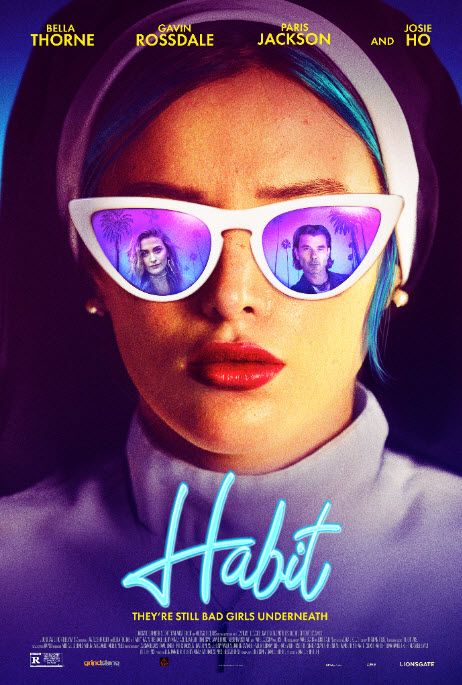

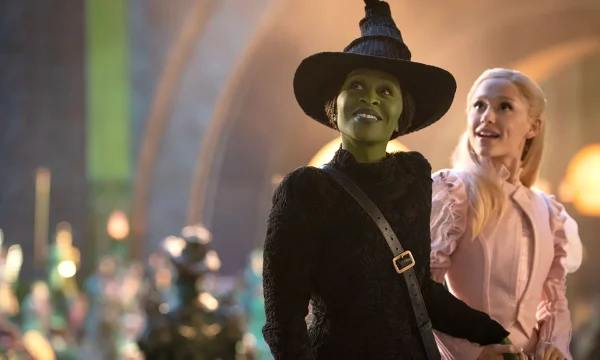


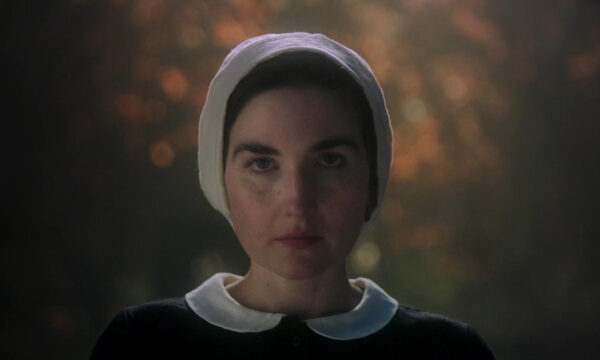

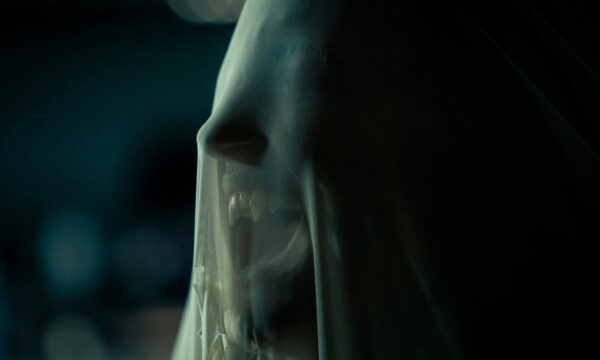
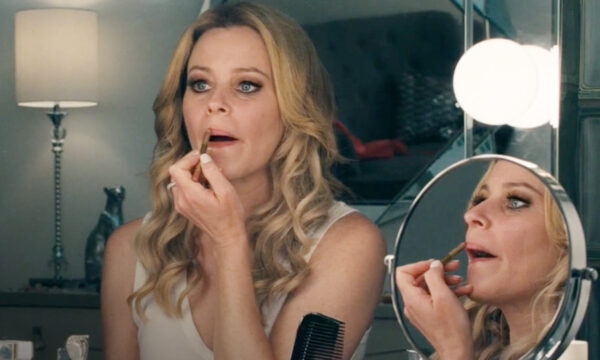










Facebook
Twitter
Instagram
YouTube
RSS